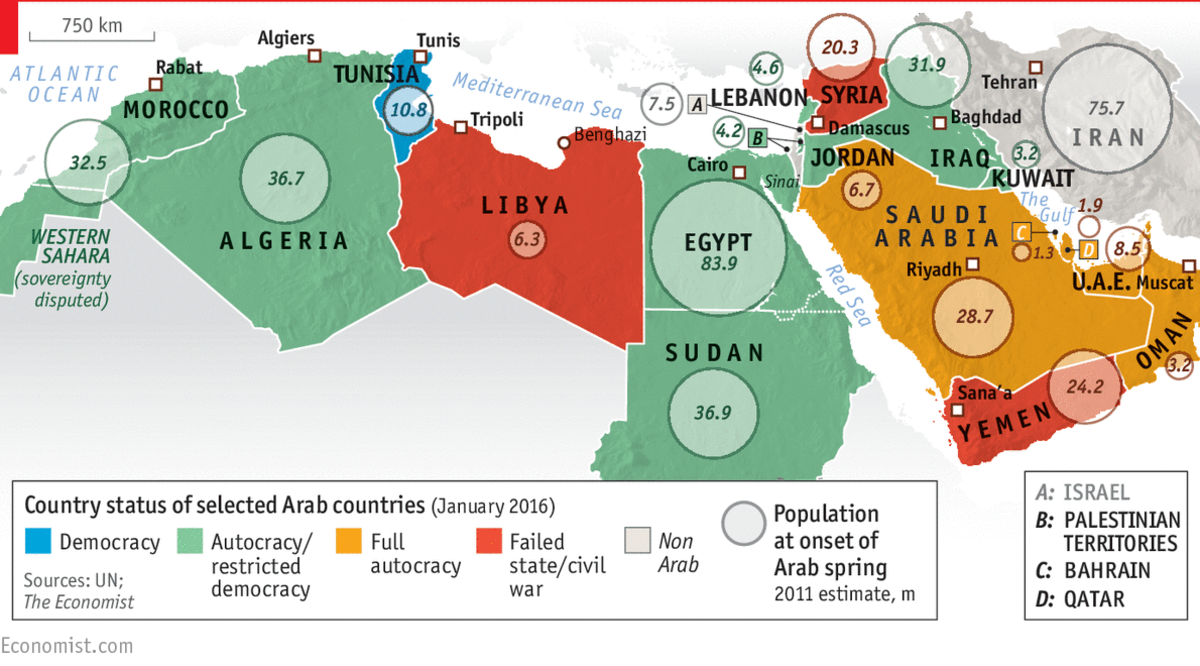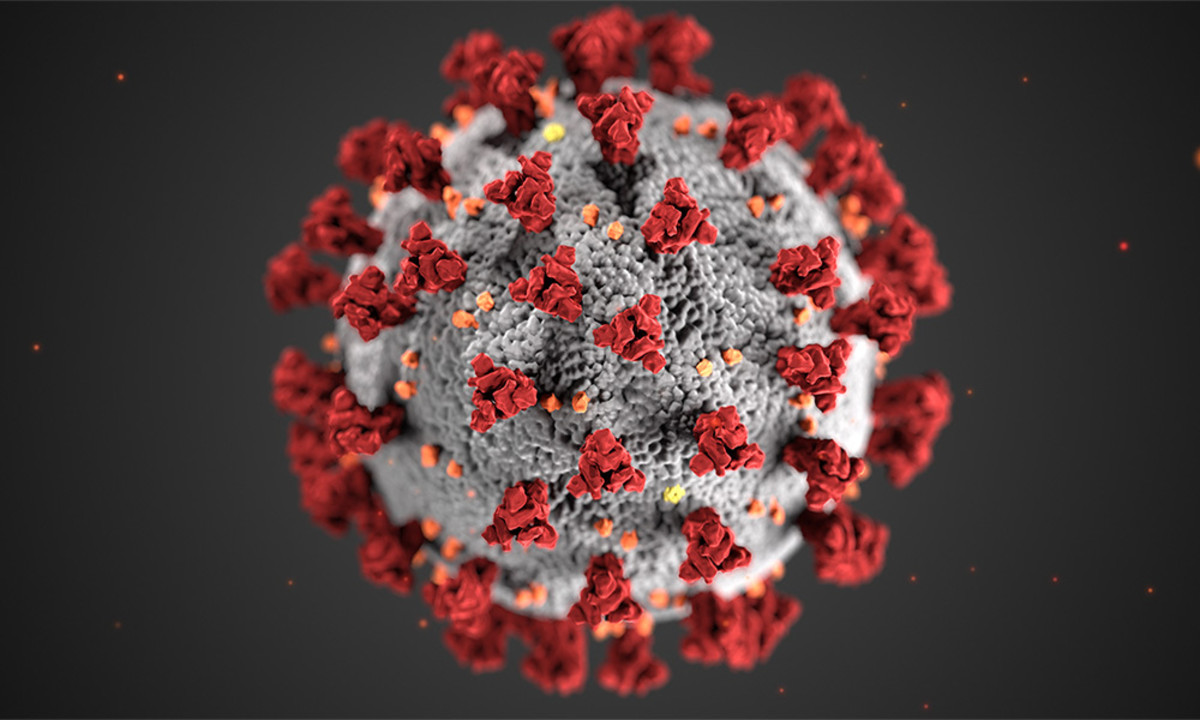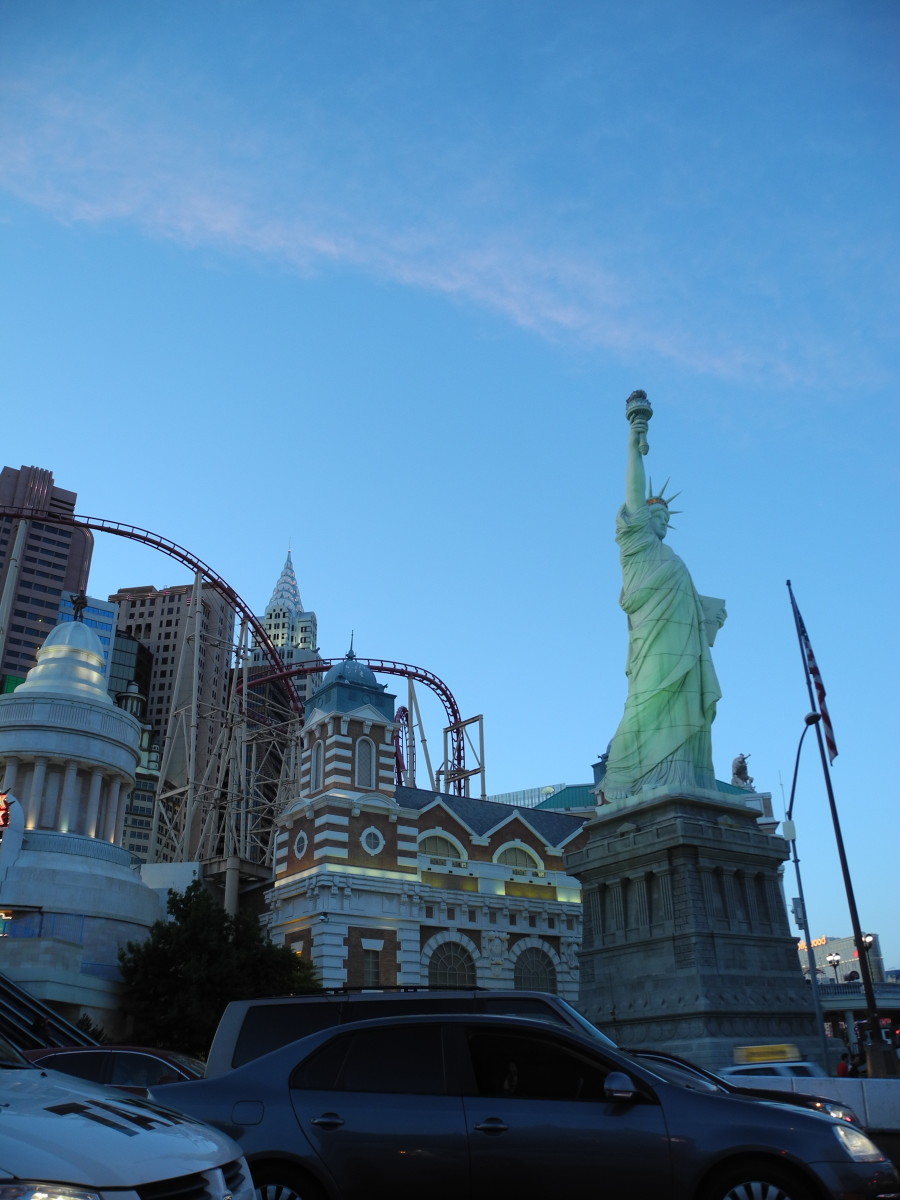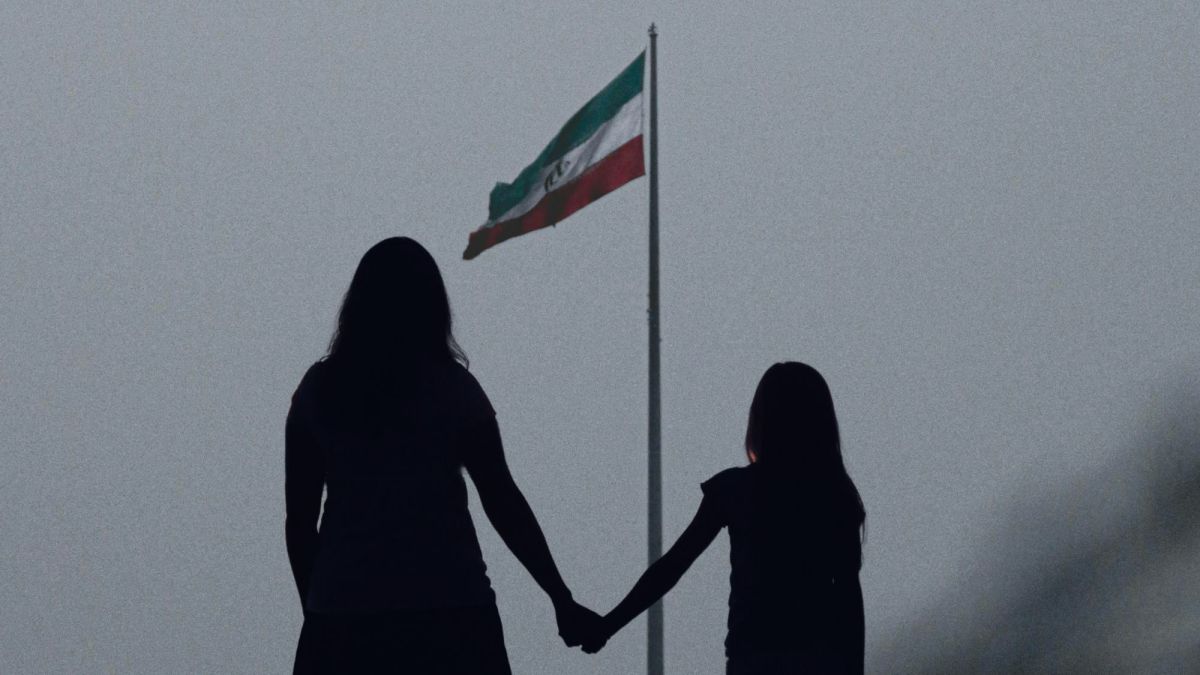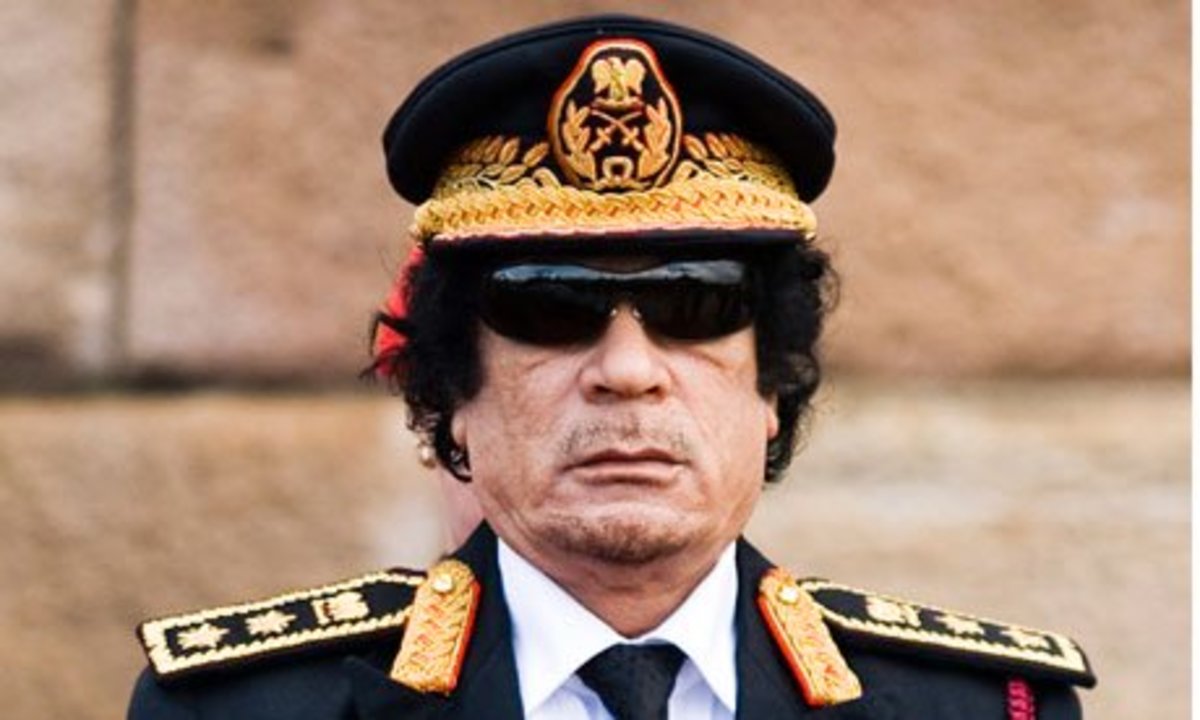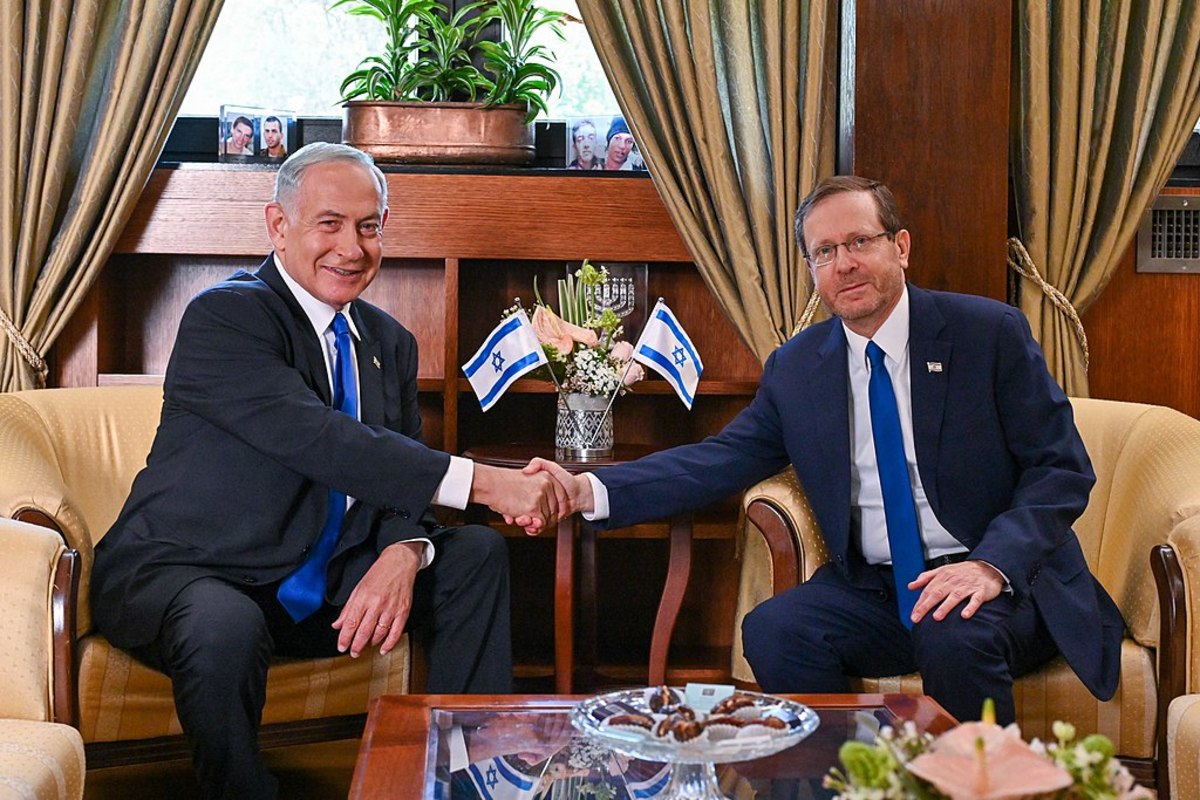The World of Beyond Corona
Currently, humanity is facing a global crisis. It is perhaps the largest that our generation faces. The decisions of people and governments will likely shape the world for years to come. Decisions that will not only reshape our health systems, but will also affect our economy, politics and culture. We must act swiftly and decisively, and we must take into account the long-term consequences of our actions. When choosing among alternatives, we must not only ask ourselves how to overcome the immediate threat, but what world will we inhabit when the storm passes. The storm will pass, and humanity will survive, and most of us will survive, but we will live in a different world. Many of the current emergency measures will become a constant component of life. This is the nature of emergencies. It accelerates historical transformations. Decisions that, in normal times, can take years of deliberation, are passed within hours.
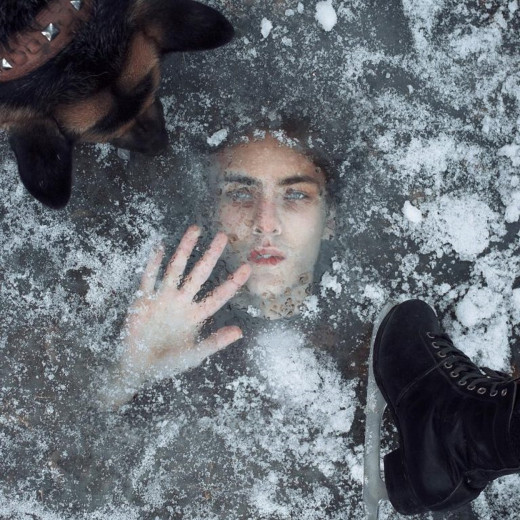
Immature, and even dangerous, technologies are being pushed into service, because the risk of being reluctant is greater. What happens when everyone works from home and communicates remotely? What happens when schools and universities switch to distance education? In normal times, governments, companies, and educational councils will refuse to apply experiences of this kind. But we happen to be in extraordinary times.
In this time of crisis, we are faced with two important options. The first lies between comprehensive surveillance and the empowerment of citizens. The second comes between national isolation and global solidarity.
Watch Under the Skin
In order to stop the epidemic, the entire population has the option to comply with specific guidelines. There are two ways to achieve this: one is related to government monitoring of people, and punishment for those who break the rules. Today, for the first time in human history, technology allows everyone to be monitored all the time, as governments can now adopt powerful sensors and algorithms, instead of ghosts of flesh and blood.
In their battle against Corona, several governments used new surveillance tools. The most prominent case in this context, was China. By monitoring phones, requiring people to check their temperature, and monitoring and reporting their medical conditions, the Chinese authorities can, in addition to identifying virus carriers, also track their movements, to get to know the people who have contacted them. This technology is not limited to East Asia. Israeli Prime Minister Benjamin Netanyahu recently authorized the Israel Security Agency to deploy surveillance technology, usually dedicated to tracking down terrorists, to track down virus patients. After the relevant parliamentary subcommittee refused to approve this measure, it activated the "emergency decree."
You will argue that there is nothing new in all of it. In recent years, governments and companies have used more advanced technologies to track and control people. If we are not careful, the epidemic may represent a watershed in the history of observation; the reason goes beyond the normalization of states with the publication of collective monitoring tools, to demonstrating the radical shift from "over the skin" to "under the skin". Until now, when your finger touches your phone screen and clicks on a link, the government wants to know which link you clicked on. However, Corona virus diverted attention, as the government wanted to know your finger temperature and blood pressure under your skin.
One of the problems we face when devising our stance on surveillance is that none of us knows exactly how to be monitored ... espionage technology is developing very quickly, and what appeared to be science fiction ten years ago is no longer the case today. As an intellectual experience, I envision a virtual government demanding that every citizen wear a biometric bracelet that monitors their body temperature and heart rate throughout the day. The data generated from this process is collected and analyzed by government algorithms. Algorithms will know that you are sick even before you know it, and you will also know where you were and who you met. With this, infection chains can be greatly shortened, and even cut off completely.
This storm will pass. But the choices we go through now will change our lives for years to come

The downside, of course, is that it will legitimize a terrifying new surveillance system. If you knew, for example, that I clicked on the "Fox News" link instead of "CNN", this could give you an impression of my political passions, and perhaps my personality. But if I can monitor how my temperature, blood pressure, and heart rate change while I watch a video, then you will know what makes me laugh, what makes me cry, and what makes me angry.
If companies and governments start collecting our biometric data collectively, they can get to know us much better than we know ourselves, forecast our feelings, and also manipulate and sell anything you want, whether it is productive or politically.
You can, of course, make the issue of biometric monitoring a temporary measure to be taken during an emergency that will disappear as soon as it is over. But temporary measures have a bad habit of running out of time. Even when infection rates drop to zero, some data-thirsty governments can argue that they need to maintain biometric surveillance systems, because they fear a second wave of infection, or because a new strain of Ebola virus is developing in Central Africa, or. There is a great battle that has been raging, in recent years, about our privacy. The virus crisis could be the turning point in the battle. When people have a choice between privacy and health, they usually choose health.
Choosing people between privacy and health is, in fact, the root of the problem. In recent weeks, South Korea, Taiwan and Singapore have coordinated some of the most effective efforts to contain the epidemic. While these countries have used some tracking applications, they have relied more on extensive tests, credible reports, and on the desire for informed public cooperation.
Central surveillance is not the only way for people to comply. When they are told about scientific facts, they will do the right thing, even without being watched by the older brother. Imagine, for example, washing your hands with soap. This was one of the greatest developments in human hygiene. This simple procedure saves millions of lives every year. While we take it for granted, scientists discovered the importance of hand washing with soap in the nineteenth century. Previously, doctors and nurses moved from one operation to another without washing their hands. Today, billions of people wash their hands every day, not because they fear the soap police, but because they understand the facts. But to achieve such a level of compliance and cooperation, you need confidence. People need to trust science, public authorities, and the media. Over the past few years, irresponsible politicians have deliberately undermined this trust, and now they may be tempted to follow the fast track to tyranny, arguing that you cannot trust the public to do the right thing. Usually, confidence that has eroded over the years cannot be rebuilt overnight. But these are not normal times. Instead of building a monitoring system, it is not too late to rebuild people's confidence in science, the authorities, and the media.
The epidemic is a major test of citizenship. In the coming days, each of us must trust scientific data and healthcare experts, rather than unfounded conspiracy theories. If we fail to make the right decision, we will be facing the loss of our most valuable freedoms, believing that this is the only way to protect our health.
Towards a Global Plan
The second important option we face lies between national isolation and global solidarity. Both the epidemic itself and the resulting economic crisis are global problems, which can only be solved through global cooperation. To defeat the virus, we need to share information on a global scale. This is the advantage of humans over viruses. Countries must be ready to exchange information without restrictions, and they must be humble to seek advice ... We also need a global effort to produce and distribute medical equipment, especially examination kits and respirators. Instead of each country trying to do it locally, a coordinated global effort could accelerate production and ensure equitable distribution of equipment. Just as states nationalize key industries during the war, a human war against the virus may require us to “humanize” production lines. Rich countries with a small number of cases have to be prepared to send valuable equipment to the poorest countries, and to be confident that when they need help later, other countries will come to their aid. We might think of a similar global effort to bring together medical workers; it could enable the least affected countries to send medical staff to the most affected areas of the world, in order to help them in times of need, and to gain experience at the same time.
There is a vital need for global cooperation at the economic level, given the global nature of the economy and the supply chains. We need a global business plan, and we need it quickly. Another condition is a global agreement on travel. Suspending all international flights for months will cause tremendous difficulties and will hinder the fight against the virus. Countries need to cooperate to allow a few travelers to continue crossing borders: scientists, doctors, journalists, politicians, and business people. This can be done by reaching a global agreement on the pre-screening of travelers by their countries.
Unfortunately, current countries hardly do any of this. The collective paralysis has hit the international community. One would have expected an emergency meeting of world leaders to come up with a common plan of action. The G7 leaders were able to organize a video conference, which did not result in any plan.
In previous global crises - such as the 2008 financial crisis and the 2014 Ebola epidemic - the United States took the lead. But the current US administration has given up this position, and has made it clear that it is more concerned with America’s greatness than with the future of humanity. It abandoned even its closest allies. When it banned travel from Europe, it did not bother to notify the Union in advance. Not only that, she even offered a billion dollars to a German pharmaceutical company to monopolize the ownership of a new vaccine for "Covid-19".
If the vacuum left by the United States is not filled by other countries, stopping the epidemic will not only be difficult, but its legacy will continue to poison international relations for years to come. However, every crisis is an opportunity, too. We must hope that the current epidemic will help humanity realize the acute threat posed by the global divide.
This content is accurate and true to the best of the author’s knowledge and is not meant to substitute for formal and individualized advice from a qualified professional.
© 2020 Hafiz Muhammad Adnan

